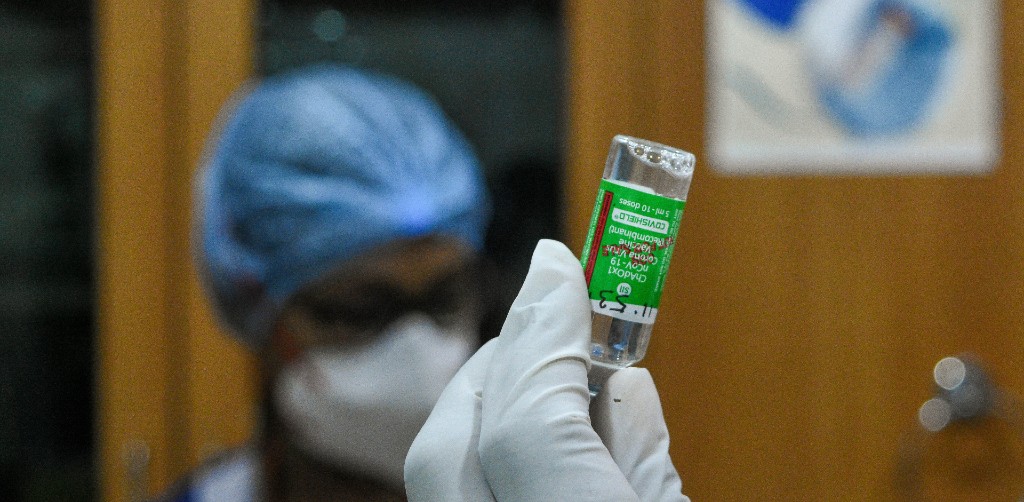While the rollout of the COVID-19 vaccine hasn’t gone as smoothly as anyone would like, the actual data from the vaccine’s effectiveness has given scientists a lot of confidence about what will happen once more people have gotten the vaccine itself. With the pandemic still ongoing and the new UK variant worrying scientists about its increased contagiousness any good news on the vaccine front is welcome, and how the vaccine itself has performed appears to be that good news.
According to a report in the New York Times, the two vaccines currently being used across the country from Moderna and Pfizer are even more effective than first thought when the numbers from their trials were made public. And though some reactions and other stories about people getting vaccinated have seen considerable headlines and press among detractors, early data from studies of its effectiveness show it may be one of the safest ever created when compared to vaccines for other diseases.
A doctor described the public opinion of the coronavirus as “underselling the vaccine” and the report detailed why medical experts are so excited about the results they’ve seen. Here’s the Times summary of what we know so far:
The Moderna and Pfizer vaccines — the only two approved in the U.S. — are among the best vaccines ever created, with effectiveness rates of about 95 percent after two doses. That’s on par with the vaccines for chickenpox and measles. And a vaccine doesn’t even need to be so effective to reduce cases sharply and crush a pandemic.
If anything, the 95 percent number understates the effectiveness, because it counts anyone who came down with a mild case of Covid-19 as a failure. But turning Covid into a typical flu — as the vaccines evidently did for most of the remaining 5 percent — is actually a success. Of the 32,000 people who received the Moderna or Pfizer vaccine in a research trial, do you want to guess how many contracted a severe Covid case? One.
There’s still, of course, a lot we don’t know about how the vaccine works long-term and whether people can still spread coronavirus after they’ve been vaccinated and are not experiencing symptoms and actually being infected themselves. That’s why those that do get the vaccine will still need to wear masks and continue to practice social distancing in an effort to keep others safe while the vaccine goes to work.
But the numbers scientists are seeing are absolutely encouraging, and though rollout has been slow there are more vaccines being tested and could hit the market later in the year. It would be welcome news for the millions of people eager to get the vaccine and hope to resume a more normal life in the coming months, and perhaps put those at ease who are still skeptical of vaccines in general.

